Filter by
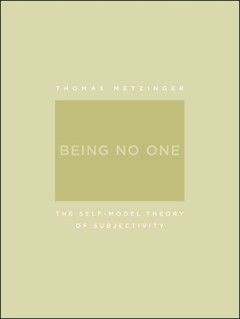
Being no one :the self-model theory of subjectivity
"A Bradford book."According to Thomas Metzinger, no such things as selves exist in the world: nobody ever had or was a self. All that exists are phenomenal selves, as they appear in conscious experience. The phenomenal self, however, is not a thing but an ongoing process; it is the content of a "transparent self-model." In Being No One, Metzinger, a German philosopher, draws strongly on neurosc…
- Edition
- -
- ISBN/ISSN
- 9780262279727
- Collation
- 1 online resource (xii, 699 pages)
- Series Title
- -
- Call Number
- -
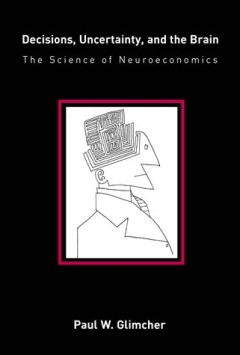
Decisions, Uncertainty, and the Brain: The Science of Neuroeconomics
"A Bradford book."In this provocative book, Paul Glimcher argues that economic theory may provide an alternative to the classical Cartesian model of the brain and behavior. Glimcher argues that Cartesian dualism operates from the false premise that the reflex is able to describe behavior in the real world that animals inhabit. A mathematically rich cognitive theory, he claims, could solve the m…
- Edition
- -
- ISBN/ISSN
- 9780262273930
- Collation
- 1 online resource (xx, 375 pages) :illustrations
- Series Title
- -
- Call Number
- -

Who's asking? : Native science, Western science, and science education
"The answers to scientific questions depend on who's asking, because the questions asked and the answers sought reflect the cultural values and orientations of the questioner. These values and orientations are most often those of Western science. In Who's Asking?, Douglas Medin and Megan Bang argue that despite the widely held view that science is objective, value-neutral, and acultural, scient…
- Edition
- -
- ISBN/ISSN
- 9780262319430
- Collation
- 1 online resource (xii, 282 pages) :illustrations
- Series Title
- -
- Call Number
- -
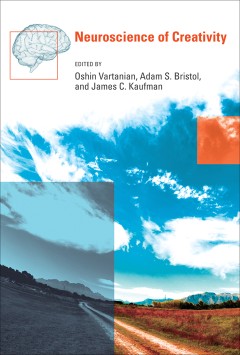
Neuroscience of creativity
This volume offers a comprehensive overview of the latest neuroscientific approaches to the scientific study of creativity. In chapters that progress logically from neurobiological fundamentals to systems of neuroscience and neuro-imaging, leading scholars describe the latest theoretical, genetic, structural, clinical, functional, and applied research on the neural bases of creativity.OCLC-lice…
- Edition
- -
- ISBN/ISSN
- 9781461943266
- Collation
- 1 online resource (xv, 314 pages) :illustrations (some color).
- Series Title
- -
- Call Number
- -

Processing inaccurate information : theoretical and applied perspectives from…
"Our lives revolve around the acquisition of information. Sometimes the information we acquire--from other people, from books, or from the media--is wrong. Studies show that people rely on such misinformation, sometimes even when they are aware that the information is inaccurate or invalid. And yet investigations of learning and knowledge acquisition largely ignore encounters with this sort of …
- Edition
- -
- ISBN/ISSN
- 9780262325646
- Collation
- 1 online resource (x, 467 pages) :illustrations
- Series Title
- -
- Call Number
- -
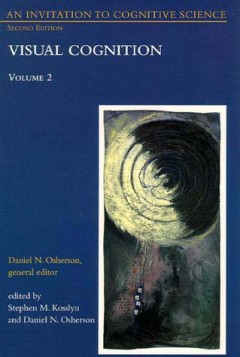
An invitation to cognitive science Volume 2 : Visual Cognition
An Invitation to Cognitive Science provides a point of entry into the vast realm of cognitive science, offering selected examples of issues and theories from many of its subfields. All of the volumes in the second edition contain substantially revised and as well as entirely new chapters.Rather than surveying theories and data in the manner characteristic of many introductory textbooks in the f…
- Edition
- Edisi kedua
- ISBN/ISSN
- 0585053758
- Collation
- 1 online resource : illustrations
- Series Title
- -
- Call Number
- 153 INV
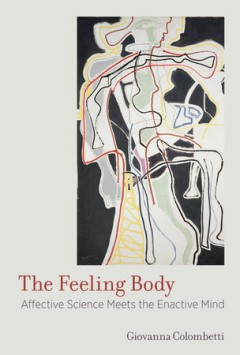
The Feeling Body: Affective Science Meets the Enactive Mind
In The Feeling Body, Giovanna Colombetti takes ideas from the enactive approach developed over the last twenty years in cognitive science and philosophy of mind and applies them for the first time to affective science -- the study of emotions, moods, and feelings. She argues that enactivism entails a view of cognition as not just embodied but also intrinsically affective, and she elaborates on …
- Edition
- -
- ISBN/ISSN
- 9780262318419
- Collation
- 1 online resource (xviii, 270 pages)
- Series Title
- -
- Call Number
- -
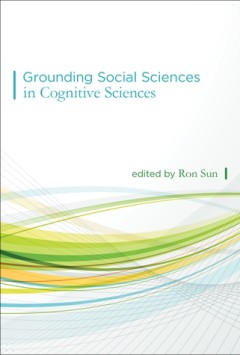
Grounding Social Sciences in Cognitive Sciences
Exploration of a new integrative intellectual enterprise: the cognitive social sciences.OCLC-licensed vendor bibliographic record.
- Edition
- -
- ISBN/ISSN
- 9780262305402
- Collation
- 1 online resource (ix, 455 pages) :illustrations
- Series Title
- -
- Call Number
- -
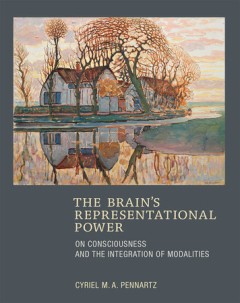
The Brain's Representational Power: On Consciousness and the Integration of M…
Although science has made considerable progress in discovering the neural basis of cognition, how consciousness arises remains elusive. In this book, Pennartz analyzes which aspects of conscious experience can be peeled away to access its core: the relationship between brain processes and the qualitative nature of consciousness. Pennartz traces the problem back to its historical foundations and…
- Edition
- -
- ISBN/ISSN
- 9780262330121
- Collation
- 1 online resource (xi, 382 pages, 12 unnumbered pages of plates) :illustrations (some color)
- Series Title
- -
- Call Number
- -
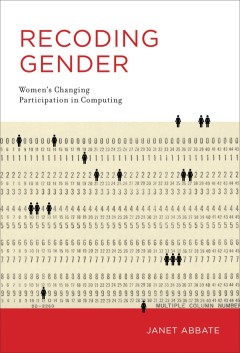
Recoding gender :women's changing participation in computing
The untold history of women and computing: how pioneering women succeeded in a field shaped by gender biases. Today, women earn a relatively low percentage of computer science degrees and hold proportionately few technical computing jobs. Meanwhile, the stereotype of the male “computer geek” seems to be everywhere in popular culture. Few people know that women were a significant presence…
- Edition
- -
- ISBN/ISSN
- 9780262305464
- Collation
- 1 online resource (x, 247 pages) :illustrations.
- Series Title
- -
- Call Number
- -
 Computer Science, Information & General Works
Computer Science, Information & General Works  Philosophy & Psychology
Philosophy & Psychology  Religion
Religion  Social Sciences
Social Sciences  Language
Language  Pure Science
Pure Science  Applied Sciences
Applied Sciences  Art & Recreation
Art & Recreation  Literature
Literature  History & Geography
History & Geography